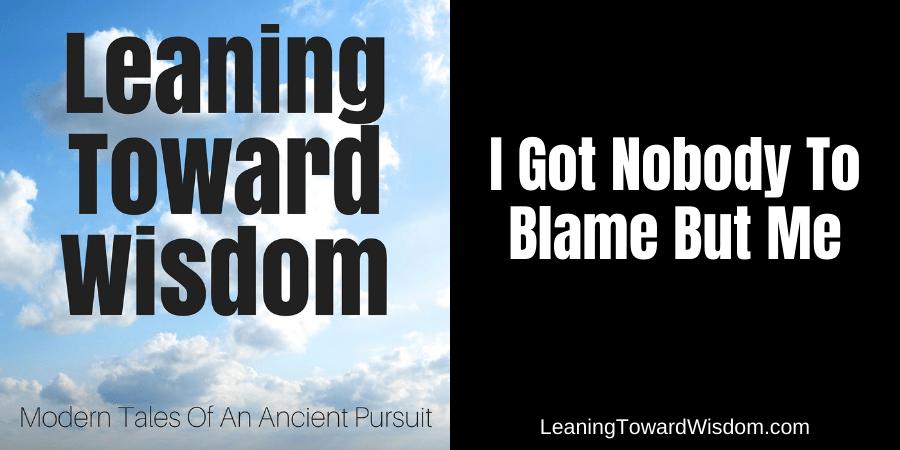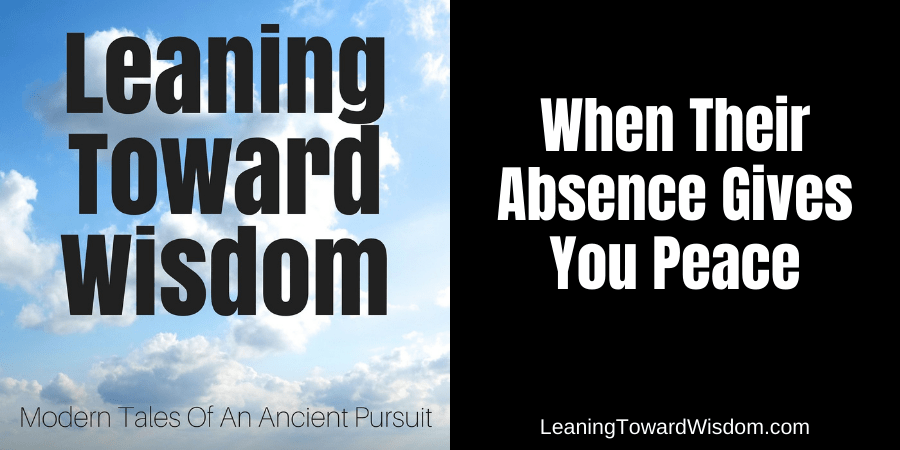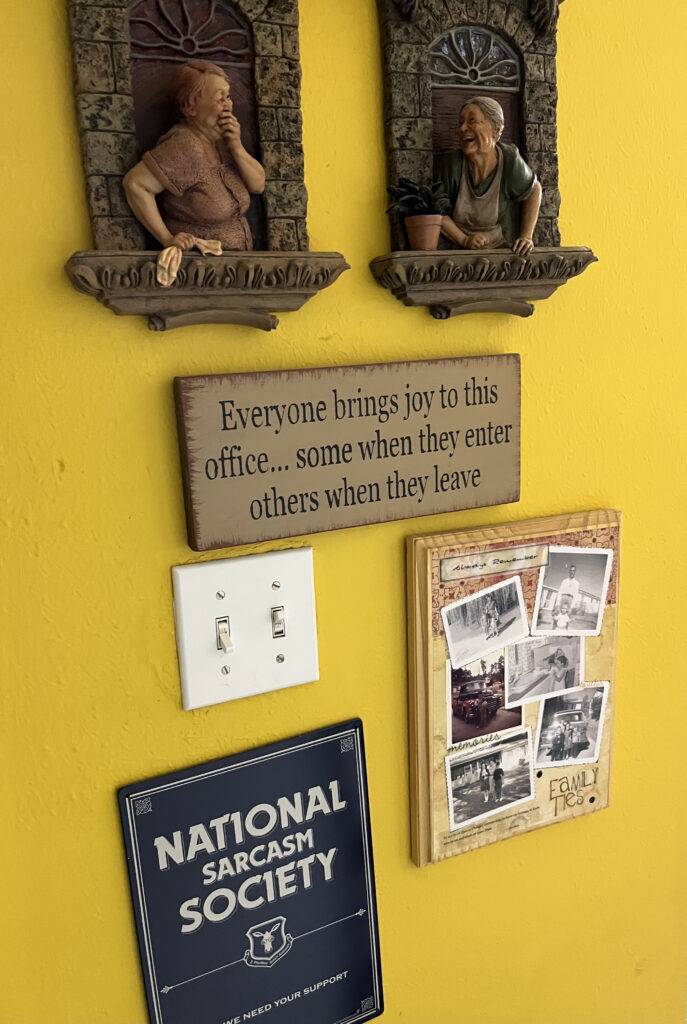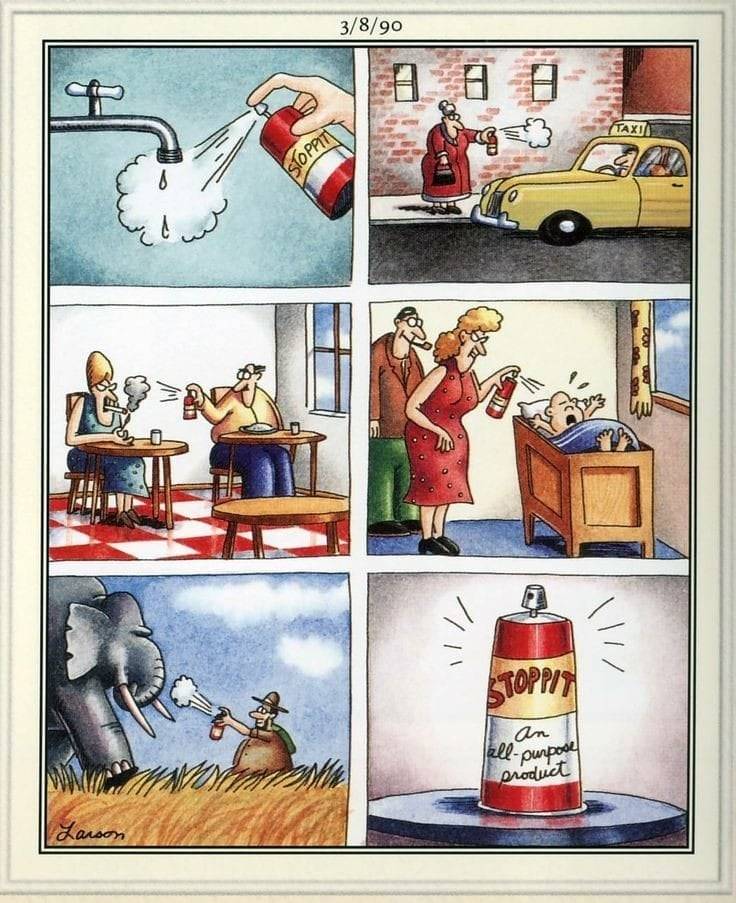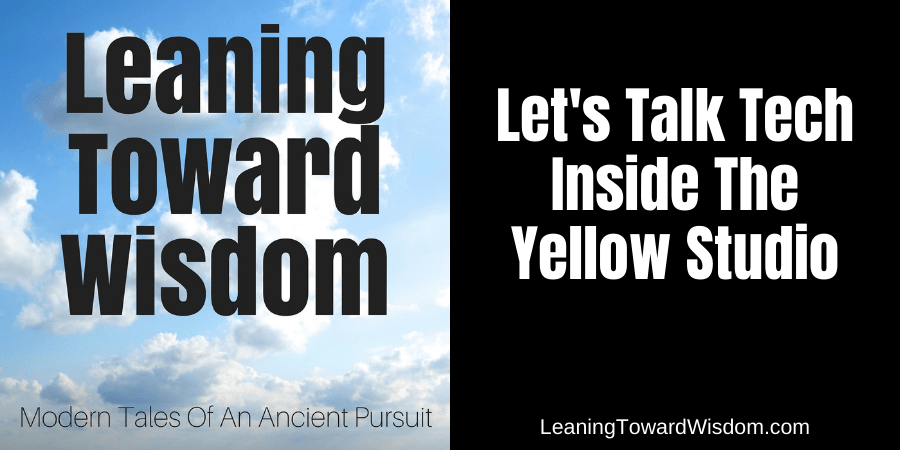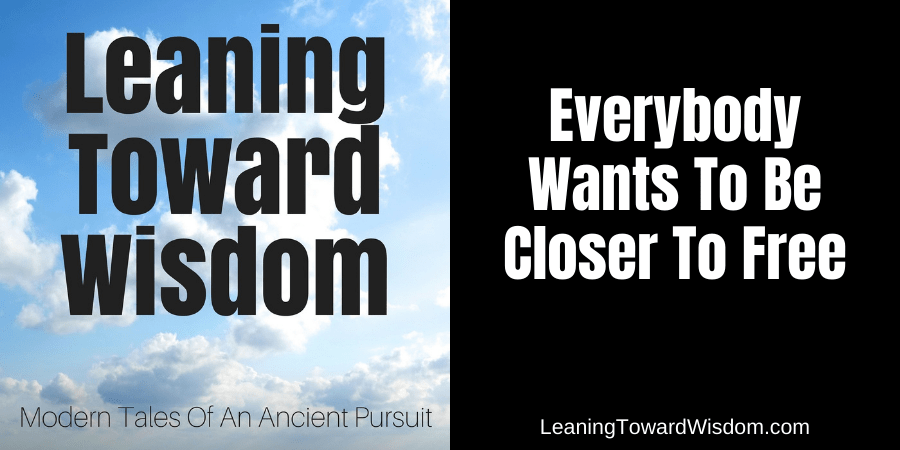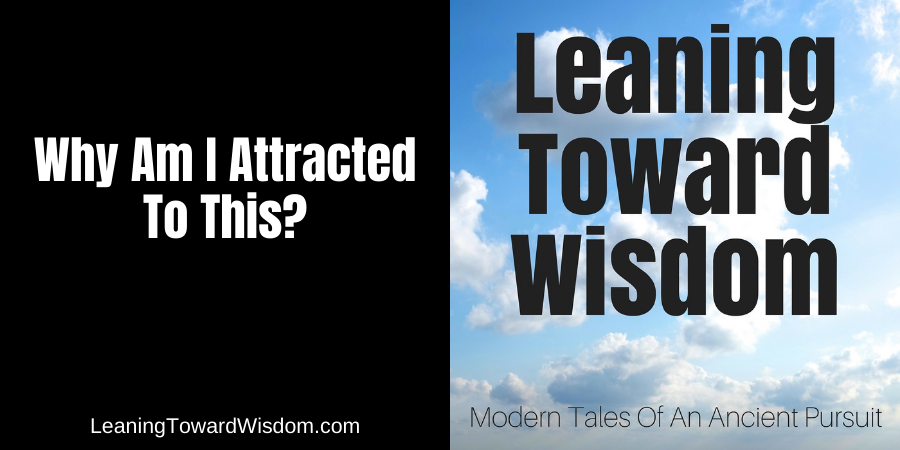I Got Nobody To Blame But Me
Podcast: Play in new window | Download (Duration: 47:48 — 43.8MB)
Subscribe: Apple Podcasts | Spotify | iHeartRadio | Email | RSS | More
It’s impossible to completely separate some areas of our lives from others. Are you good at compartmentalizing things? You know, not letting one thing or area of your life disrupt another area? It can be hard. I’m decent at it, but I’m far from world-class. Honestly, I worry a little bit about folks who can flip switches and just go about their business – either at home or work – as though everything is fine.
Let me explain. Throughout my life I’ve encountered quite a few people – some professionally and some personally – who’ve had some pretty tragic things happen. As a people watcher and observer, I’m often fascinated and puzzled by the person who can suffer tragedy in one area of their life, but in another area act as though everything is fine. It’s weird to me. That goes way beyond compartmentalizing something, but let’s talk about that – compartmentalizing.
When I compartmentalize something I’m able to not let that thing – something tragic, perhaps – not creep into a place where it doesn’t belong. Let me give you two examples that may help you understand. The first example involves personal and work. I had what must have been a gall bladder attack over 10 years ago. It’s the only time it’s ever happened to me. We were at church and the afternoon service was about to begin. Suddenly, I got a sharp pain at the top of my stomach and began to feel sick. Not throw up sick, but breaking out into a cold sweat kind of sick. I told my wife I was going to go to the rest room and I got up. By the time I got to the back where the restrooms are located, I was feeling terrible. I went into the restroom shed my suit jacket, ripped off my tie and unbuttoned the top 3 buttons of my shirt. I was pouring sweat. No nausea or anything else…just this pain and profuse sweating. She rushed me to the ER. I couldn’t keep my legs from pumping. The nurse asked me to describe the pain on a 10 point scale. I told her, “I don’t know. A 3 or so.” The ER nurse said, “Look at him he’s writhing in pain. A three?” I remember thinking, “So this is what writhing is.” Man, alive. I was sick as a dog. I wasn’t in any kind of shape to answer a quiz, even if it was about how I was feeling.
Fast forward a bit and they’ve given me enough pain medicine to knock down an elephant (at least that’s what they told my wife). I’m very resistant to pain medication. I’m laying there, legs still pumping and my cell phone rang. My wife reports that I instantly answered it in my normal voice and carried on some brief conversation with the person calling, never telling them I was in the ER writhing in pain. See, I told you I know how to compartmentalize! Okay, you want a better example? Let’s try a professional example.
I’ve encountered many people issues. Sometimes leaders can see a single problem and assume there’s something systemic going on. It’s a pretty common response. I don’t suffer that very much. Just because there’s a problem with a person in one department doesn’t mean there’s a problem with everybody in the department. I once experienced a serious honesty breach with a manager. All the evidence pointed to the facts: a) he was guilty of this infraction, b) he was acting alone and c) he’d been doing it for much longer than I’d like to admit. I didn’t have a hard time seeing it for what it was – an isolated act of betrayal by one employee. Weeks of quiet investigation didn’t lead me to any other conclusions. In time, I handled the problem and terminated the employee.
I know business people who would have easily thought this was a wider spread problem. I didn’t because I had no evidence that it went beyond this one employee. That’s what I mean by compartmentalizing.
Why is that subject important? Because I’d like you to think about your life, your behavior. I’ve seen 3 basic types of people:
1) the people who compartmentalize with some magical switch where they can completely disconnect one area of life with other areas,
2) the people like me who are able to compartmentalize based on the situation and circumstance and
3) the people who can’t compartmentalize at all.
I’d sum up these three groups like this: 1) those who can completely compartmentalize, 2) those who can do it sometimes and 3) those who never can.
I bring this all up because today’s show is really about selfishness. It’s about the times that we’re to blame and there’s nobody else within spitting distance! It’s truly our fault and we need to own it. So what in the Sam Hill does our ability to compartmentalize have to do with this? Maybe nothing. I just wanted to sound smart. Well that ship sailed decades ago. Actually, it does have something to do with it because I’ve stumbled onto something through the years. The most selfish among us – and sometimes that’s US because selfishness may not be a way of life, but it can overtake any of us, sometimes – struggle to compartmentalize very much. The most selfish people I know refuse to exercise themselves (discipline is likely a better verb) in compartmentalizing. One glitch in one area of life derails them across the board. They drag their personal garbage to work. They drag their work garbage home. It’s just a big bowl of selfish gumbo!
Whose fault is it? Or does it matter?
Let’s talk about it.

Everybody’s somebody someday.
I Got Nobody To Blame But Me Read More »
